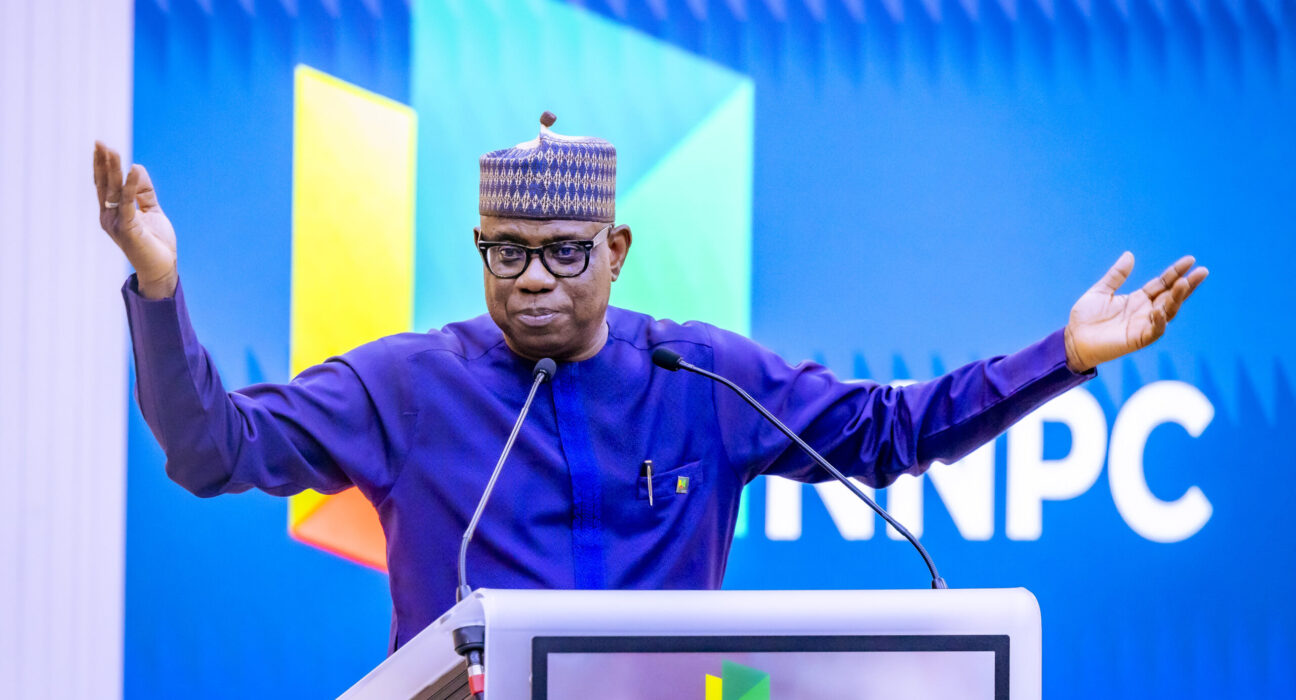NNPC Targets 2 Million Barrels Per Day by 2027 as Output Hits 1.63 Million

BThe Nigerian National Petroleum Company Limited (NNPC) has announced a renewed production target of 2 million barrels of oil per day (bpd) by 2027, following a rise in current oil output to 1.63 million bpd.
This strategic milestone was disclosed in a recent report by Nairametrics and has since been confirmed by other leading energy news sources.
According to Argus Media, the NNPC is not only aiming for 2 million bpd but is also projecting a total production capacity of 2.4 million bpd by 2027, including both crude and condensates.
The company has also set its sights on a long-term goal of 3 million bpd crude oil production by 2030, with an additional 0.5 million bpd from condensates, bringing the total to 3.5 million bpd.
These projections are part of a broader national strategy endorsed by President Bola Ahmed Tinubu, who has directed a significant ramp-up in oil and gas investments. BluePrint.ng reports that the federal government is targeting $30 billion in sectoral investments by 2027, rising to $60 billion by 2030.
These funds are expected to drive not only crude oil expansion but also Nigeria’s gas output, which is set to grow to 8 billion cubic feet per day (bcf/d) by 2027 and 10 bcf/d by 2030.
The NNPC’s Group CEO, during the recent Energy Week Africa summit, emphasized that $17 billion had already been attracted to Nigeria’s oil and gas sector in 2024 alone.
This momentum, he said, is expected to continue as critical infrastructure projects such as the Ajaokuta-Kaduna-Kano (AKK) gas pipeline advance, and reforms in the sector attract new capital.
Additionally, Reuters reported that President Tinubu recently appointed Bayo Ojulari, a former Shell executive, to lead the NNPC with a clear mandate to drive these ambitious production and infrastructure targets.
The new leadership is also expected to ensure Nigeria’s refining output reaches 200,000 bpd by 2027, improving local refining capacity and reducing fuel imports.
With oil production steadily climbing and comprehensive plans to boost capacity, Nigeria is positioning itself to reclaim its leadership in Africa’s energy landscape.
However, experts warn that meeting these targets will require continued reforms, security around oil infrastructure, and transparency in oil governance to sustain investor confidence and operational efficiency.









